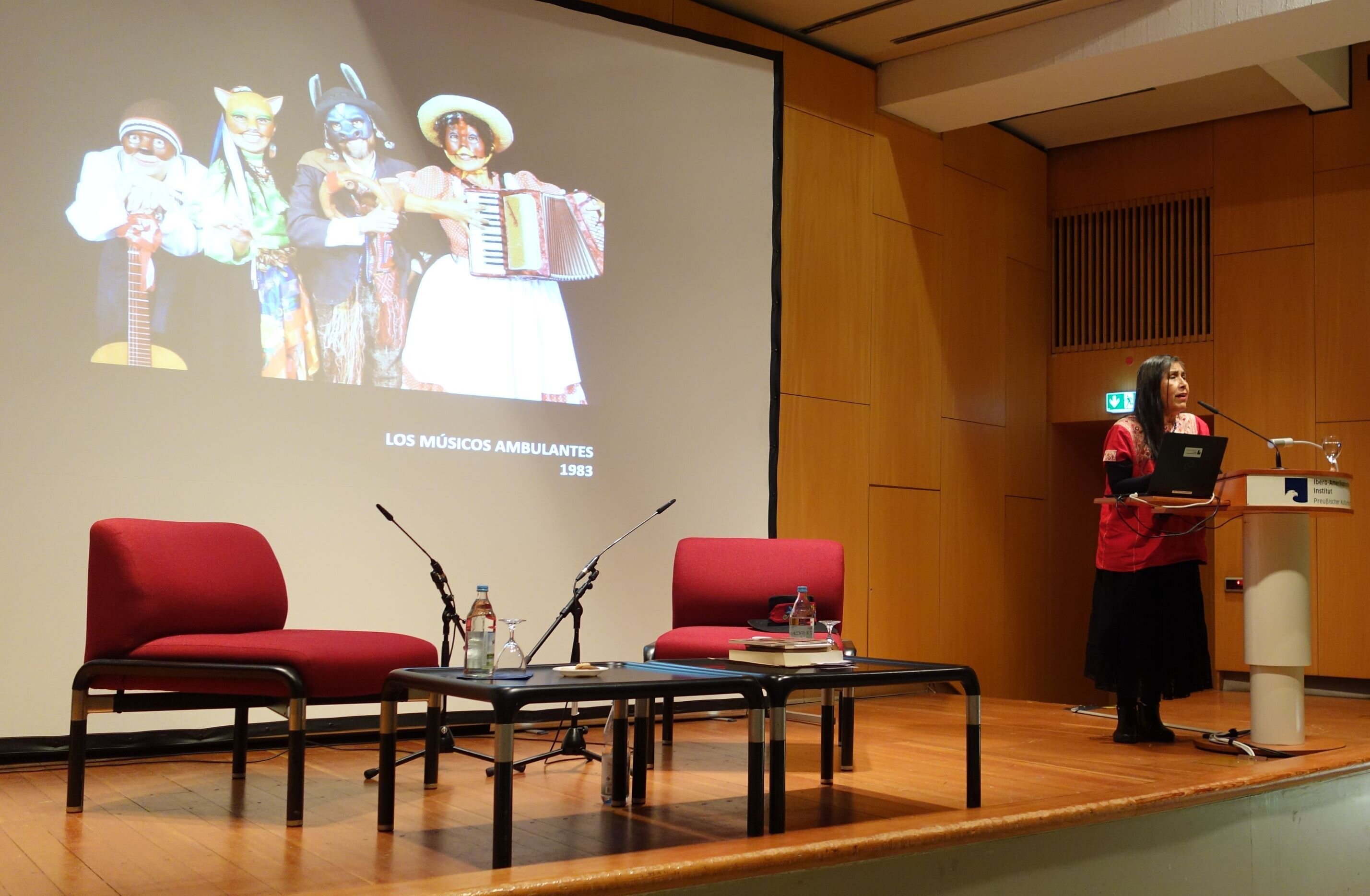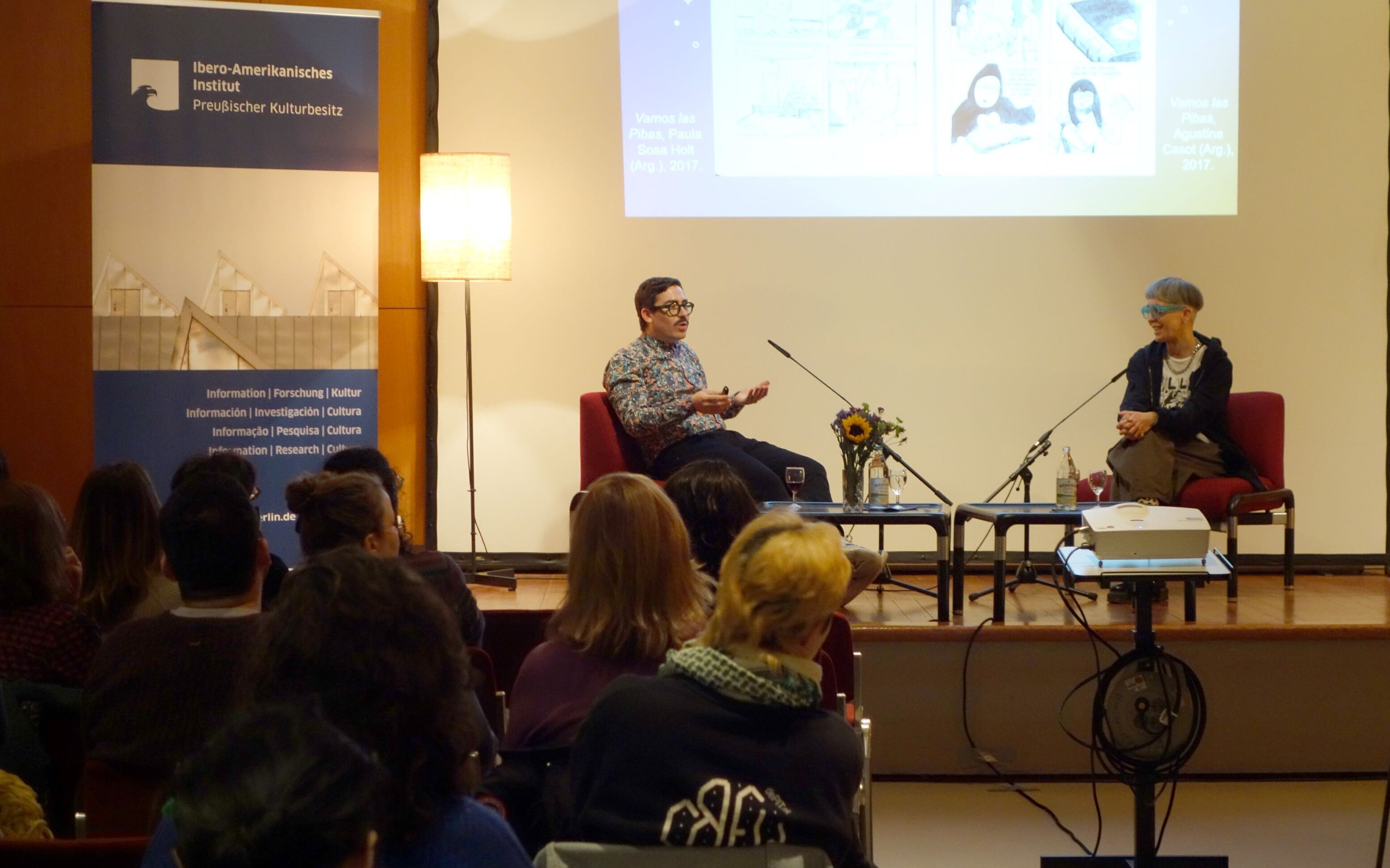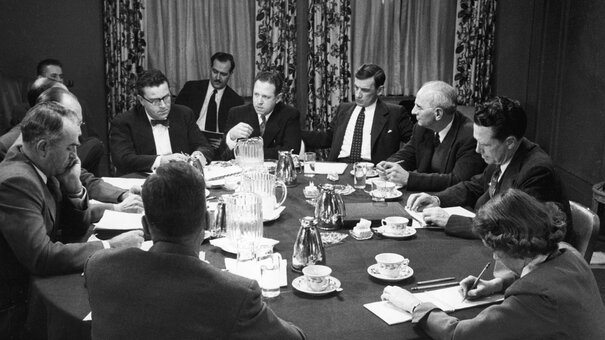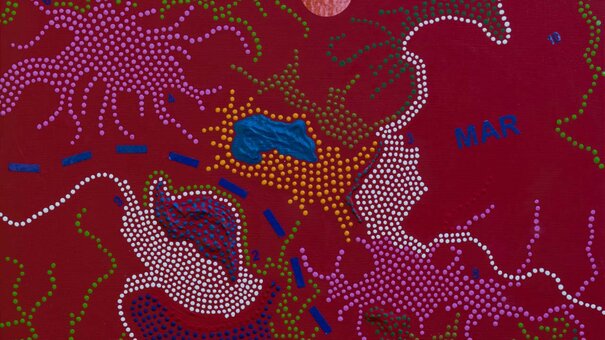The IAI is, in its configuration, a unique place, where knowledge production in and about Latin America and the Caribbean can be found in a variety of media, both analog and digital, not only in the form of books, journals, and newspapers, but also in the form of estates, image documents, sound recordings, institutional archives, maps, graphics, and other collections. Against this backdrop, the Institute considers it essential to critically examine the actors, processes, institutions, and infrastructures that are crucial for the production and circulation of knowledge, as this enables theoretical and methodological reflections to be combined with practical applications. The aim is to analyze, explain, and understand in a more differentiated way the processes of knowledge production and circulation that are shaped by persistent multidimensional inequalities (including differences in income, gender, culture, ethnicity) and transregional interconnections, in order to contribute to their reduction. This also requires a more comprehensive understanding of social debates on the recognition of diversity and difference, as well as the valorization of different forms of knowledge and knowledge practices. In this context, it is very important to consider the opportunities and risks of digital transformation, not only to understand the fundamental transformations in the production, circulation, and appropriation of knowledge, but also to explore whether digital transformation reduces inequalities, or rather reinforces them or even creates new ones.
The multidisciplinary and transdisciplinary field of knowledge production and circulation does not focus on a clearly defined subject area. Rather, it brings together different theoretical, methodological, and empirical perspectives.
Key questions in the context of this topic area include:
- Which actors, processes, institutions, and infrastructures are instrumental in the production and circulation of knowledge in and about Latin America and the Caribbean? What patterns and strategies can be identified in light of persistent multidimensional inequalities in processes of knowledge production and circulation?
- What challenges and barriers do non-Western, indigenous, and African American forms of knowledge and knowledge practices face? Can collaborative formats of knowledge production and open science practices contribute to their visibility, circulation, and reception?
- What impact is the digital transformation having on the production and circulation of knowledge in and about Latin America and the Caribbean? What consequences does the increasing penetration of artificial intelligence into scientific practices have for the humanities, cultural studies, and social sciences?




